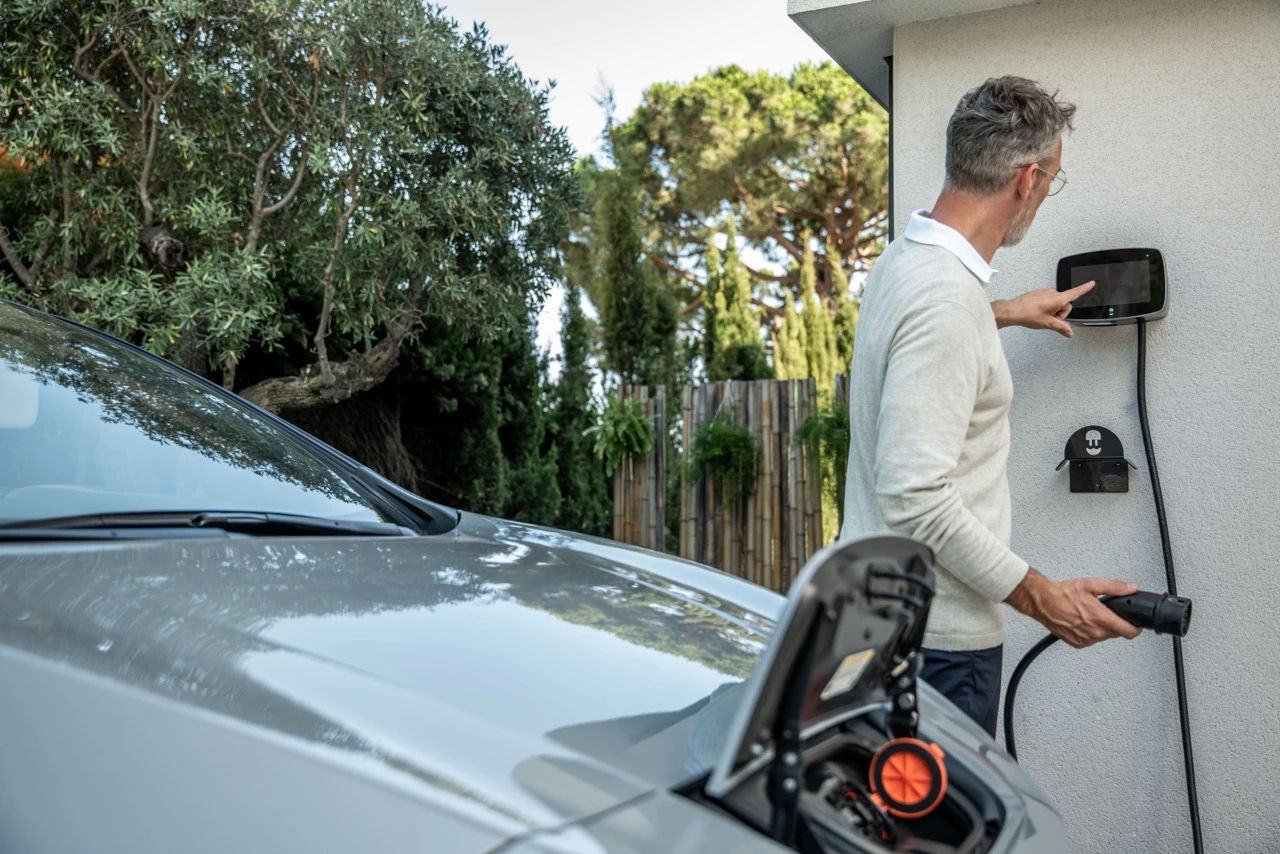Electric vehicle ownership comes with the exciting prospect of choosing the right charging solution to meet your needs. In this comprehensive guide, we’ll explore the key differences between 7kW and 22kW AC EV chargers, drawing insights from industry experts and addressing common questions about charging speeds, costs, and compatibility.
Understanding the Basics
The fundamental difference lies in charging speeds and power output:
7kW EV Charger:
- It is also called a Single-phase charger which can supply a maximum of 7.4kw power output.
- Typically, a 7kW charger operates on a single-phase electrical power supply. This is the standard power supply in many residential areas.
22kW EV Charger:
- It is also called a Three-phase charger which can supply a maximum of 22kw power output.
- A 22kW charger operates at full potential on a three-phase electrical power supply.
Assessing Onboard Charging limits and Charging Speeds
Various types of electric vehicles (EVs) come with different battery sizes and charging limits. When it comes to types, they are either plug-in hybrids (PHEVs) or Battery Electric Vehicles (BEVs). PHEVs have smaller battery sizes, resulting in lower onboard charging limits of less than 7kW. On the other hand, BEVs have larger battery sizes and, consequently, higher onboard charging limits ranging from 7kW to 22kW for AC power inputs.
Now, let’s explore how different types of onboard charging limit configurations will affect the charging speed. In simple terms, the charging speed directly depends on the onboard charging limits. Since we are comparing 7kW and 22kW AC chargers, let’s delve into scenarios for each.
Scenario with 7kW EV Charger:
- In a scenario with a lower onboard charging limit: Suppose a PHEV has an onboard charging limit of 6.4kW. In this case, the 7kW charger can only deliver a maximum of 6.4kW of power, despite the charger’s capability to charge at 7kW power.
- In a scenario with the same onboard charging limit: Consider a BEV with an onboard charging limit of 7kW. This time, the charger can operate at its maximum power capacity of 7kW.
- In a scenario with a higher onboard charging limit: Now, imagine a BEV with an onboard charging limit of 11kW. The maximum power delivered by a 7kW AC charger will be 7kW in this case, determined by the charger’s maximum power output. A similar principle applies to 22kW BEVs as well.
Scenario with 22KW EV Charger:
- In a scenario with a lower onboard charging limit: Suppose a PHEV has an onboard charging limit of 6.4kW. In this case, the 22kW charger can only deliver a maximum of 6.4kW of power, despite the charger’s capability to charge at 22kW power.
- In a scenario with the same onboard charging limit: Consider a BEV with an onboard charging limit of 22kW. This time, the charger can operate at its maximum power capacity of 22kW.
Charging Speed Comparison
The table below compares how different types of EVs in Australia charge from 0% to 100% using 7kW and 22kW AC Chargers. It is important to note that this comparison takes the onboard charging limit into account.
| EV Model | EV Type | Onboard Power Limit (KW) | 7KW Charger Time | 22KW Charger Time |
|---|---|---|---|---|
| Tesla Model Y | BEV | 11KW | 10h0m | 6h43m |
| BYD Atto 3 | BEV | 7KW | 7h9m | 7h9m |
| Mitsubishi Outlander | PHEV | 3.7KW | 5h24m | 5h24m |
Cost Considerations
The price difference between a 22kW charger and a 7kW charger may not be significant. Currently, a Teison Smart mini 7.4kw PRO EV Charger starts at $759 (sale price), while a Teison Smart mini 22kw PRO EV Charger starts at $964 (sale price). These chargers fall within the affordable range. However, opting for a premium charger like Wallbox results in a 7.4kw charger starting at $1,549 and a 22kw Wallbox charger at $1,699. An additional $200 is applicable for solar integration with each of the mentioned chargers.
Please note that all the above prices include GST and are in AUD. These prices are subject to change in the future. It is important to highlight that, according to Australian regulations, only a licensed electrician is allowed to install an EV charger, leading to installation costs varying based on the residential system.
Which to install a 7KW or 22KW EV Charger for my House?
Understanding your house power supply is crucial before deciding on either a 7kW or 22kW AC Charger. If your house power supply is single-phase, a 7kW AC Charger will be a perfect solution. For houses with a three-phase power supply, installing a 22kW AC charger is suitable as it can utilize the full three-phase power supply. For houses configured with solar panels, choosing a solar-optimized charger is the right solution.
You may wonder why you cannot install a 22kW AC charger for a single-phase house. The reason is that even though the installation is possible, the charger will only receive a single-phase power supply despite its 22kW capability.
Final Verdict
Understanding the differences between 7kW and 22kW EV chargers is essential for making an informed decision. Consider factors such as charging speeds, onboard charger capacity, costs, and home electrical infrastructure to choose the charger that best suits your EV and home charging needs. Whether you opt for the efficiency of a 22kW charger or the practicality of a 7kW charger, your choice should align with your specific requirements and future charging expectations.
Contact us if you need a personalised solution for your property in terms of choosing the right charger.

